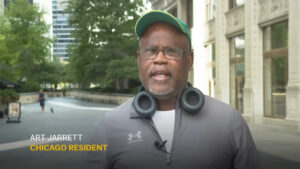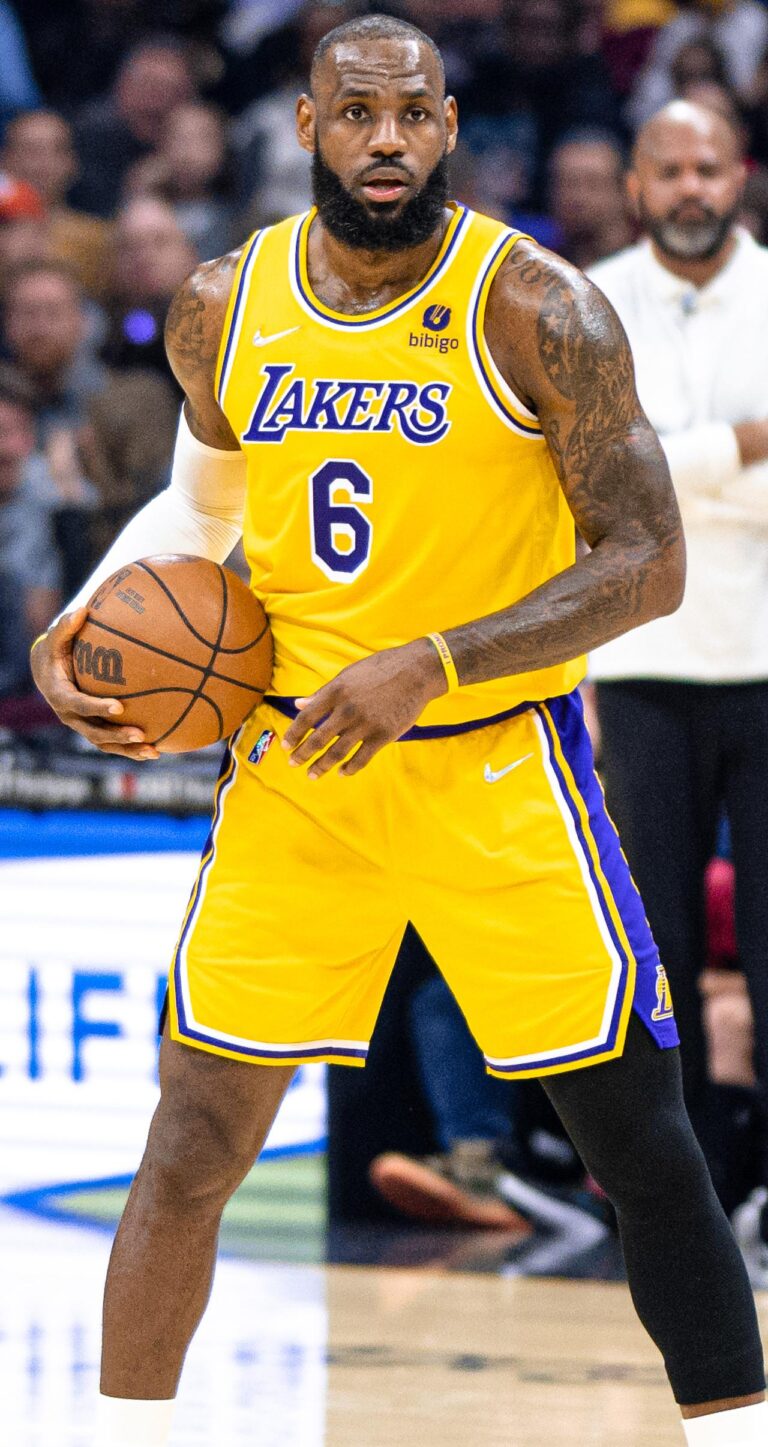LeBron James Echoes Denzel Washington’s Criticism of Sports Media Commentators
Basketball legend LeBron James has recently voiced his support for acclaimed actor Denzel Washington’s outspoken remarks regarding the often sensational and divisive nature of sports media commentary. Washington’s candid critique, which gained significant traction on social media, highlighted how sports talk shows frequently prioritize drama over substance. James, a leading figure in the sports world, resonated deeply with this perspective, emphasizing the frustration many athletes feel when media narratives eclipse their true stories and achievements. This unexpected alliance between a sports icon and a Hollywood star brings renewed attention to the strained relationship between athletes and the sports media landscape.
LeBron underscored several critical concerns that align with Washington’s observations, including:
- Excessive focus on controversies rather than celebrating athletic skill and dedication.
- Snap judgments that fail to appreciate the complexities of athletes’ personal and professional journeys.
- Click-driven sensationalism that fosters division among fans and distorts the sports community.
| Issue | Effect Highlighted by LeBron |
|---|---|
| Negativity Bias | Diminishes recognition of athletes’ hard work and milestones |
| Hasty Conclusions | Generates misleading stereotypes and false narratives |
| Media Sensationalism | Compromises the authenticity and integrity of sports journalism |
By publicly endorsing Washington’s critique, LeBron James advocates for a transformation in how sports media approaches storytelling—urging commentators and fans alike to foster a more respectful, accurate, and uplifting sports culture.
How Media Narratives Shape Athlete Image and Influence Public Opinion
The narratives constructed by sports media wield significant influence over public perceptions of athletes. When influential figures such as LeBron James join the conversation critiquing biased or sensationalized coverage, it highlights the urgent need to reassess how athletes are portrayed. Media outlets often engage in selective storytelling, where dramatic or controversial angles overshadow genuine athletic performance and character. This skewed representation can mislead fans and casual viewers, shaping opinions based more on media framing than on reality.
Common patterns in sports media coverage include:
- Prioritizing conflict over achievement: Headlines frequently emphasize disputes or scandals, sidelining consistent excellence.
- Polarizing athlete portrayals: Players are often depicted as either heroes or villains, leaving little room for complexity.
- Recycling familiar storylines: Repetitive themes create fixed impressions that may not reflect current circumstances.
| Media Narrative | Typical Athlete Portrayal | Effect on Public Perception |
|---|---|---|
| Controversy Focus | Troublemaker or Divisive Personality | Erodes fan trust and fuels polarized debates |
| Underdog Hero | Inspiring and Relatable Figure | Strengthens fan loyalty and admiration |
| Statistical Emphasis | Detached, Analytical Performer | Weakens emotional connection with supporters |
Empowering Athletes to Counteract Media Stereotypes
In today’s sports media environment, where superficial narratives often dominate, the authentic voices of athletes are crucial in challenging and reshaping entrenched stereotypes. LeBron James’ recent endorsement of Denzel Washington’s critique underscores the importance of athletes reclaiming their stories and demanding more nuanced, respectful portrayals. These genuine perspectives confront the oversimplified and sometimes biased depictions that reduce athletes to one-dimensional caricatures, ignoring their complexity and humanity.
Positive outcomes from athlete-led narrative shifts include:
- Shifting media focus from sensational headlines to context-rich, meaningful storytelling.
- Bringing attention to athletes’ roles in social justice, mental health advocacy, and community engagement.
- Providing platforms for underrepresented voices to share their experiences without distortion.
| Dimension | Conventional Media Stereotype | Authentic Athlete Perspective |
|---|---|---|
| Intellectual Capacity | “Emotionally reactive” | Strategic thinker and influential leader |
| Personal Background | Oversimplified origin stories | Rich, multifaceted life experiences |
| Activism | Dismissed or politicized | Core element of identity and impact |
LeBron’s vocal support amplifies a growing movement urging sports media to evolve beyond shallow sensationalism toward responsible journalism that honors athlete voices. This shift positions athletes not just as subjects but as active participants shaping the cultural and social narratives surrounding sports.
Strategies for Media to Promote Fair and Respectful Athlete Coverage
Media organizations play a pivotal role in crafting the public image of athletes, who are far more than just performers on the field. To cultivate a more balanced and respectful discourse, sports journalism should embrace contextual and comprehensive reporting that highlights athletes’ off-field contributions, personal growth, and challenges. Incorporating diverse perspectives—such as those from former players, mental health professionals, and cultural analysts—can enrich narratives and reduce reductive or inflammatory coverage.
Media outlets might consider adopting the following best practices:
- Thorough fact-checking to prevent the spread of misinformation before publishing critiques.
- Eliminating clickbait headlines that misrepresent athletes’ intentions or messages.
- Creating dedicated platforms like opinion pieces or video diaries where athletes can share unfiltered insights.
- Training commentators and writers in cultural competence and conflict-sensitive reporting to encourage thoughtful, respectful analysis.
| Practice | Benefit |
|---|---|
| Balanced Interviews | Reveal nuanced athlete perspectives |
| Contextual Storytelling | Deepen audience understanding |
| Respectful Language | Foster professionalism and empathy |
| Collaborative Journalism | Incorporate diverse viewpoints |
Looking Ahead: The Future of Athlete-Media Relations
LeBron James’ endorsement of Denzel Washington’s pointed critique of sports media commentators spotlights the ongoing friction between athletes and the platforms that cover them. As this dialogue progresses, the combined voices of influential figures like James and Washington emphasize the necessity for more thoughtful, respectful, and accurate sports journalism. Their united stance serves as a powerful reminder that the relationship between athletes and the media is multifaceted and deserving of continuous reflection and improvement.







